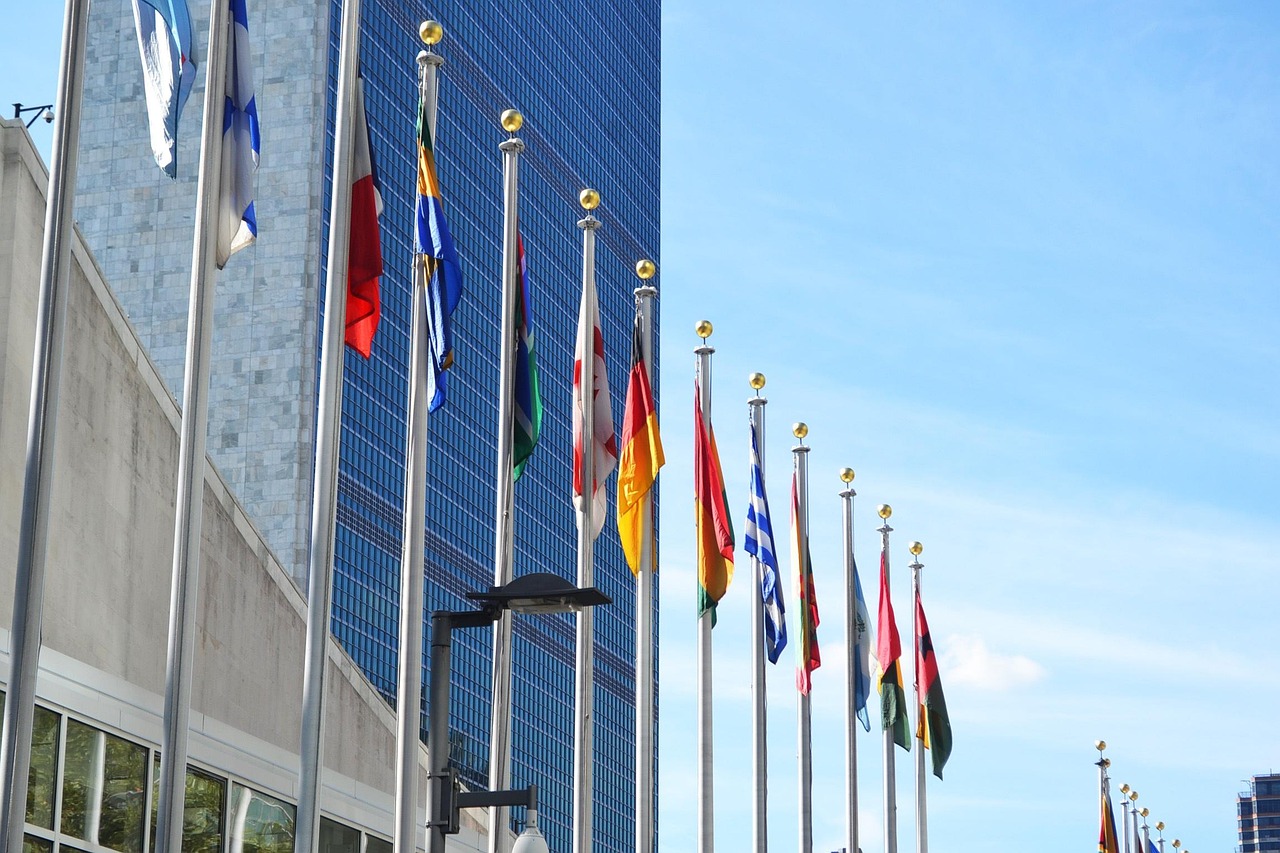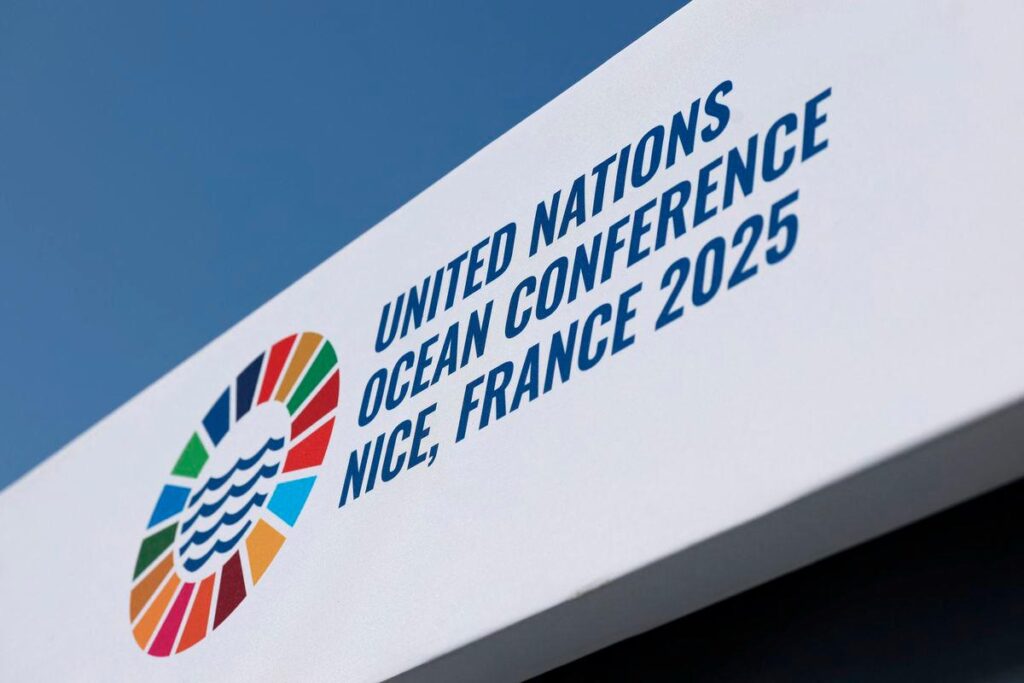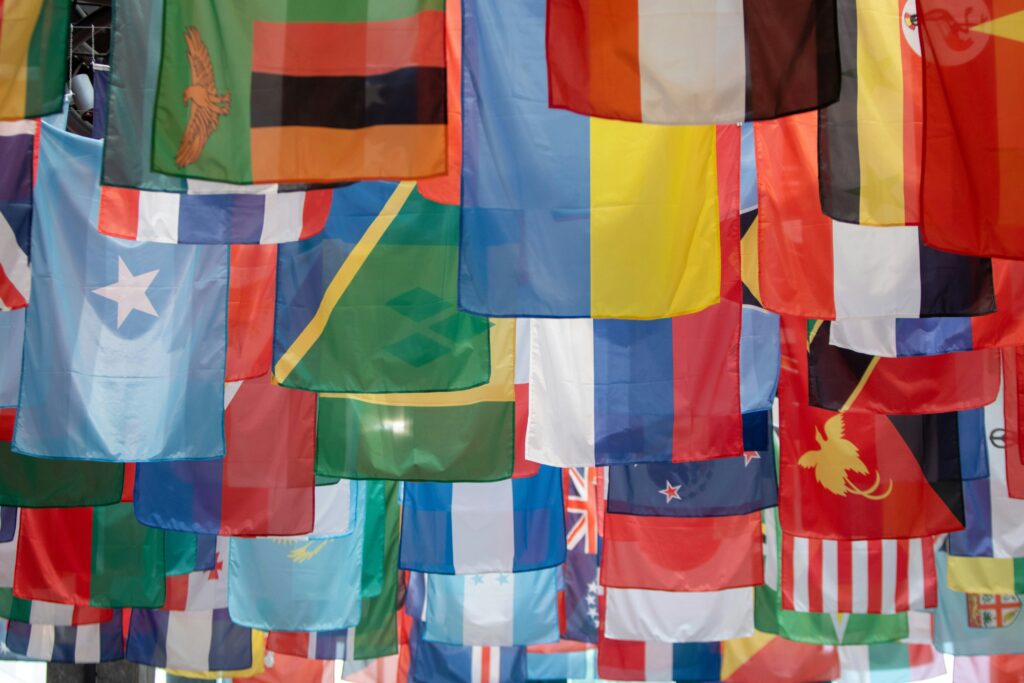After an intense and inspiring week in New York for UNGA80, one thing was clear: the global system is at a turning point.
Yes, headlines painted a picture of despair. However, in the side events and corridors, the mood was pragmatic, even cautiously optimistic. Sector leaders acknowledged the urgent threats to multilateralism, as well as the opportunity to reshape the institutions for a better, more sustainable future.
Here are four themes that stood out, along with their implications for communicators, policymakers, and advocates alike.
Multilateralism at a crossroads
In its 80th year, the United Nations faces existential questions. Following a $50 million budget reduction and thousands of 20% of job cuts, the institution has been tasked with reinventing itself. The UN80 Initiative seeks to streamline mandates and eliminate inefficiencies. Reception has been mixed, with concerns about political will and the cost of reform.
Attention is also turning to the next Secretary-General – a leader who will need both a bold vision and the ability to navigate fractured geopolitics. Despite resistance from major powers, examples like the WHO Pandemic Agreement show that cooperation can move forward even without unanimity.
So what? For communicators, the task is to rebuild trust in multilateralism – reframing it not as a relic, but as a practical tool for addressing today’s crises, and highlighting the deadly consequences of its absence.
A new narrative for development
With USAID effectively shut down and wider aid cuts looming, the “old story” of aid as charity no longer resonates. In a time of fiscal constraint and rising nationalism, we need a narrative that speaks to domestic priorities and reframes development as a strategic investment.
Mark Green, former USAID Administrator, said it best: “We failed to engage and make the case. Now we have to make a new case – and make it over and over again.”
This new development narrative needs to be centred around resilience and shared prosperity, showing how issues related to global health, climate action, and peace benefit us all – not just those in the eye of the storm. As former WFP leader David Beasley put it, “If you’re not going to love your neighbour out of the goodness of your heart, you better do it out of your national security interests and your financial interests.”
So what? Communicators need to craft messages that link global action to domestic benefits, showing how global health, climate action, and peace underpin stability, security, and growth at home.
Local leadership rising
Some of the most promising solutions are emerging from national and local leadership, not from New York or Geneva.
From Brazil’s climate-health action plan to African-led health financing strategies, countries are solving their own challenges with innovation, commitment and political will.
At this year’s UNGA, country-led collaborative action was firmly at the heart of discussions, and it’s clear that countries want ownership, not dependency.
However, many lower-income countries still allocate a greater proportion of their budget to debt repayments than to health or education, presenting a significant barrier to progress. The global system cannot simply withdraw and hope for the best; a sustainable transition will be crucial to protect hard-won gains and support countries in driving their own development.
So what? Advocates must amplify these local innovations, positioning country-led and community-rooted approaches as the future of development, and pushing for reforms that reduce barriers, such as debt.
Catalytic funding more critical than ever
With traditional donor flows drying up and Overseas Development Assistance (ODA) projected to be slashed by more than 15% this year, many programmes have turned to philanthropy to fill the gaps.
However, no amount of philanthropy could replace the billions already lost in US aid. Instead, philanthropies increasingly view their role as a catalyst for attracting greater funding from the public and private sectors, as well as from each other. Collaborative funds, such as the Beginnings Fund and Reaching the Last Mile, are already demonstrating what’s possible when philanthropy, governments, and communities co-invest.
So what? For funders and communicators, the focus should be on demonstrating how every dollar unlocks others – building narratives of leverage and shared responsibility.
A final reflection
UNGA80 was a reminder that global cooperation is fragile, not guaranteed. But amidst the fragmentation, sparks of renewal were clear: leaders challenging old models, countries taking charge of their own futures, and funders rethinking how to make every dollar count.
For communicators, this is a moment to lead. Not just by amplifying urgency, but by shaping a new story – one that connects global action to local impact, reframes development as shared progress, and rebuilds trust in the institutions we need to solve tomorrow’s challenges.
Millie Heslam, Associate Director, International Development, Portland






